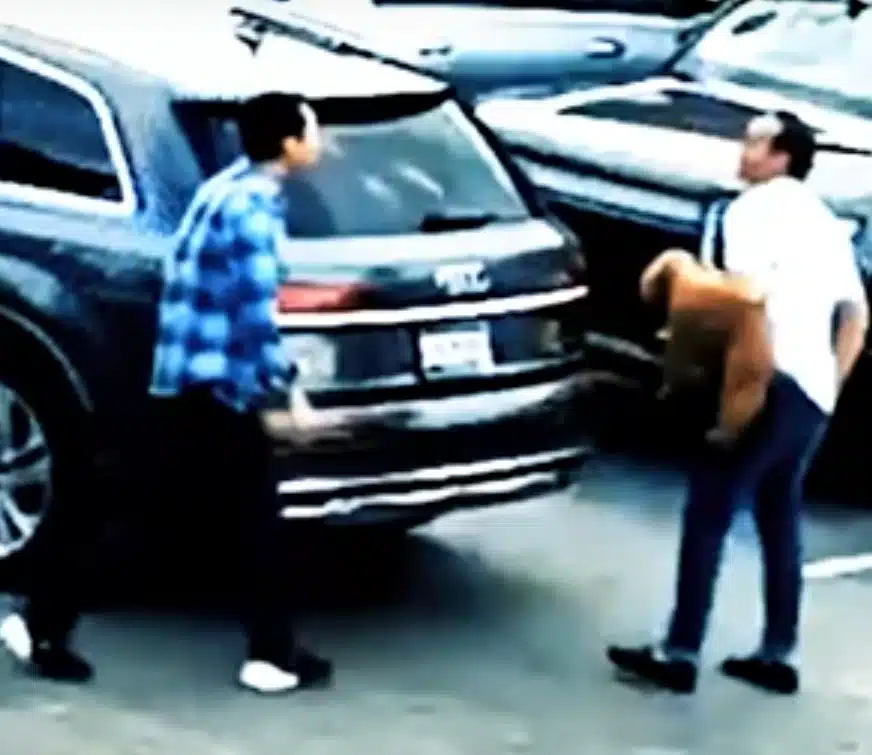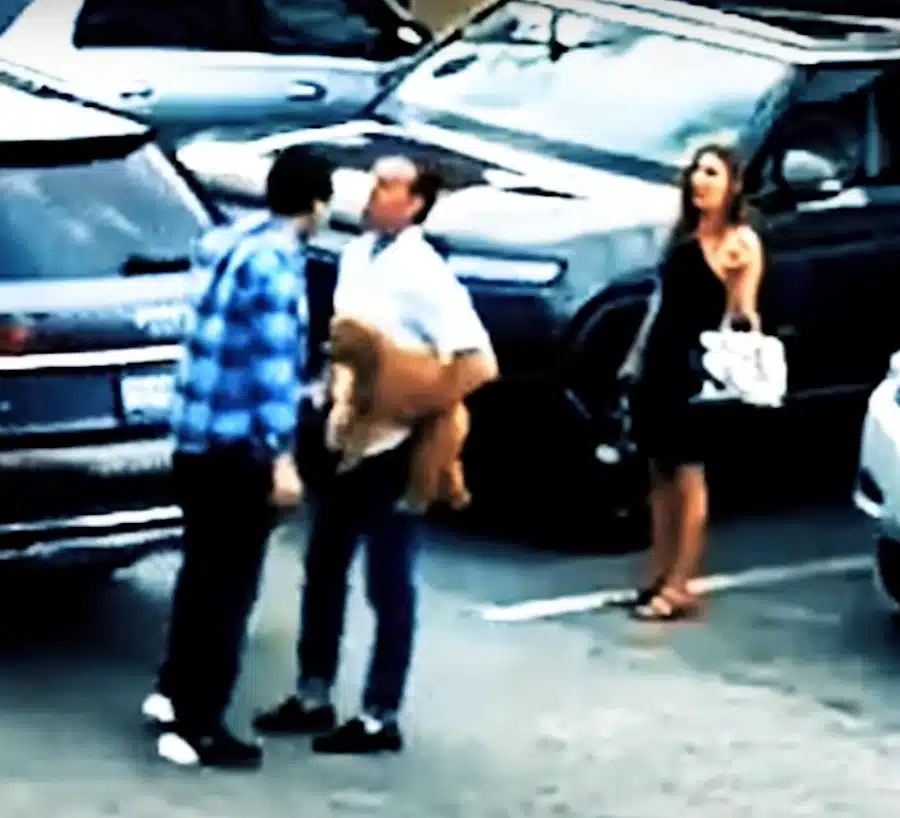
Check out our latest products
Charleston Uber Assault Case: What Happened and Why It Matters
A disturbing rideshare incident in Charleston, South Carolina, has reignited concerns over passenger safety and the responsibilities of companies like Uber. The case involves biotech CEO Bryan Kobel, 45, who was left with serious injuries after being assaulted by his Uber driver, Vadim Uliumdzhiev, outside a French restaurant in April.
Kobel had booked an Uber ride and was holding his 17-pound service dog when he asked the driver if the dog was permitted in the vehicle. After being told “no,” he requested the ride be canceled. What should have been a routine interaction escalated quickly: surveillance footage shows the driver head-butting Kobel, knocking him unconscious in the parking lot.
Kobel was hospitalized with a concussion, amnesia, lingering brain trauma, and cuts that required seven staples and four stitches. The attack has left him with lasting difficulties in memory and speech—serious concerns for someone whose role as a CEO often involves public speaking.
Police identified the driver as 42-year-old Vadim Uliumdzhiev. He was arrested for assault and battery, but a deeper investigation revealed he was working illegally in the U.S. using a fake license. After posting a $10,000 bond, he was transferred to a federal processing center in Georgia under an ICE immigration hold.

Kobel has filed a lawsuit in Charleston County Court, claiming that Uber failed in its duty to protect riders by allowing Uliumdzhiev onto its platform. The complaint argues that Uber “posed an unreasonable risk of harm” by not properly verifying the driver’s identity and eligibility. Kobel’s goal goes beyond financial damages—he hopes the case will force Uber to implement stronger safety measures and better vetting processes. As he explained: “Uber has to take more accountability for its drivers. They’re opening the door to mayhem.”
Uber condemned the assault, releasing a statement that there is “no place for violence on the Uber platform.” The company emphasized that it requires criminal background checks and driver verification but did not explain how Uliumdzhiev managed to bypass those safeguards.
For Kobel, the attack has left permanent scars—both physical and emotional. He admitted: “I wondered, am I ever going to be the person I was before, and that’s a very scary thought.”

This lawsuit not only seeks justice for Kobel but also underscores the urgent need for better oversight in the rideshare industry. In spite of background checks and verification processes, cases like this highlight troubling gaps in safety that continue to put riders at risk.
Click the video below to watch the full story:
This content was created with AI assistance and edited by the iHeartDogs team.








![[5G & 2.4G] 2K Indoor Security Camera for Home Security, AI Voice Change for 2-Way Talk, Motion Detection, Night Vision, 24/7 SD Recording/Cloud Storage, WiFi Home Camera, Pet Cam with Phone App](https://i3.wp.com/m.media-amazon.com/images/I/61I2U+sTT3L._AC_SL1500_.jpg?w=300&resize=300,300&ssl=1)






